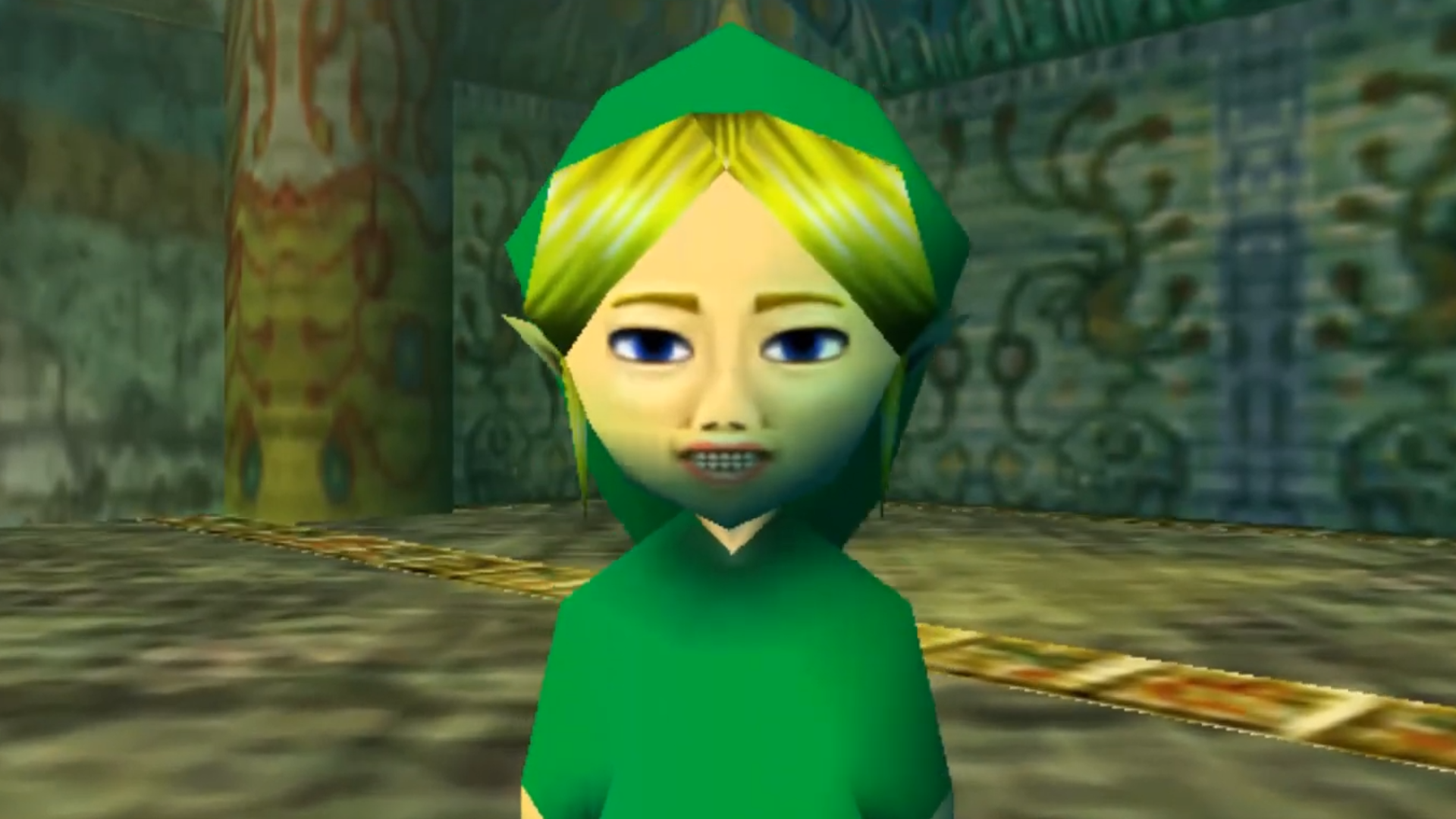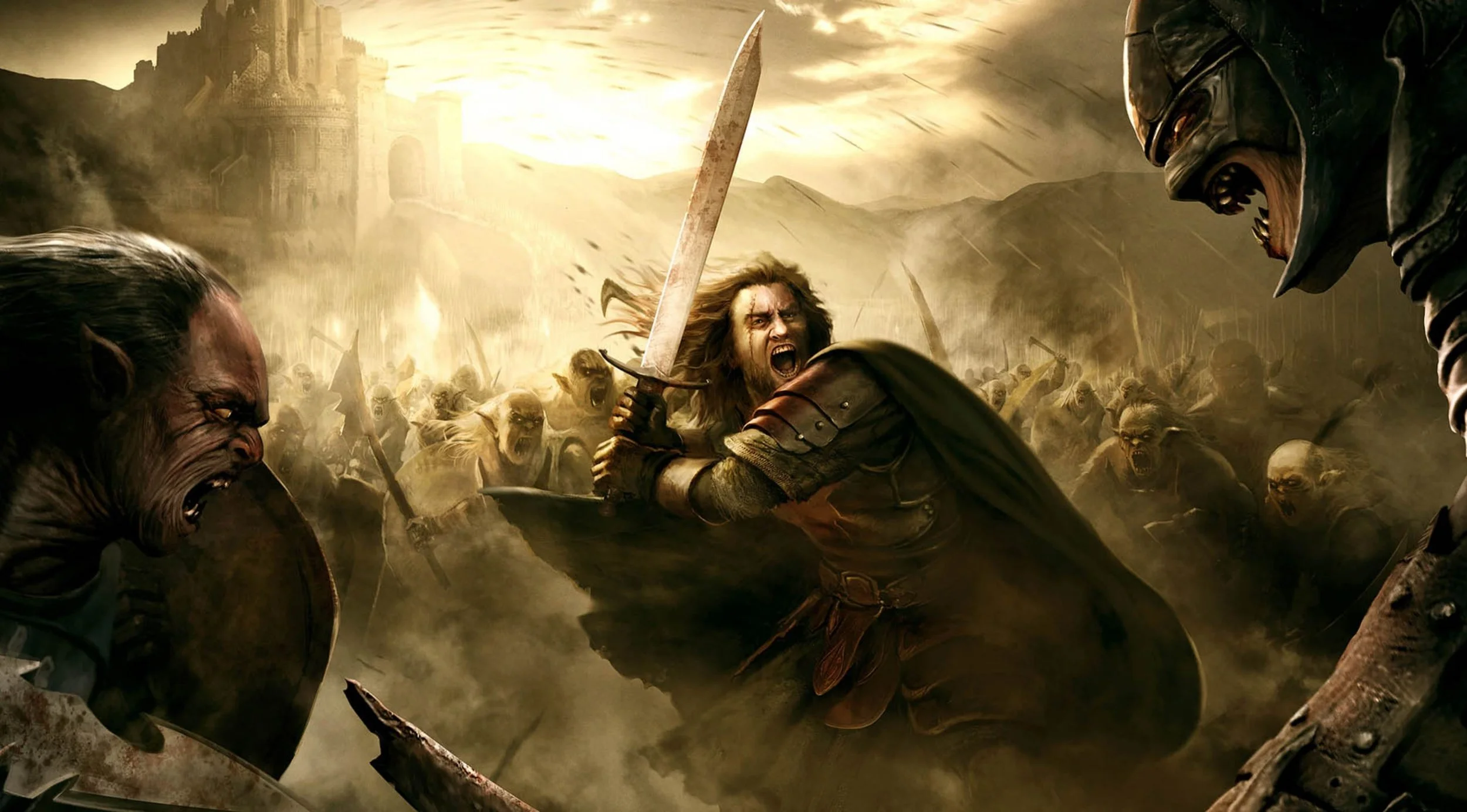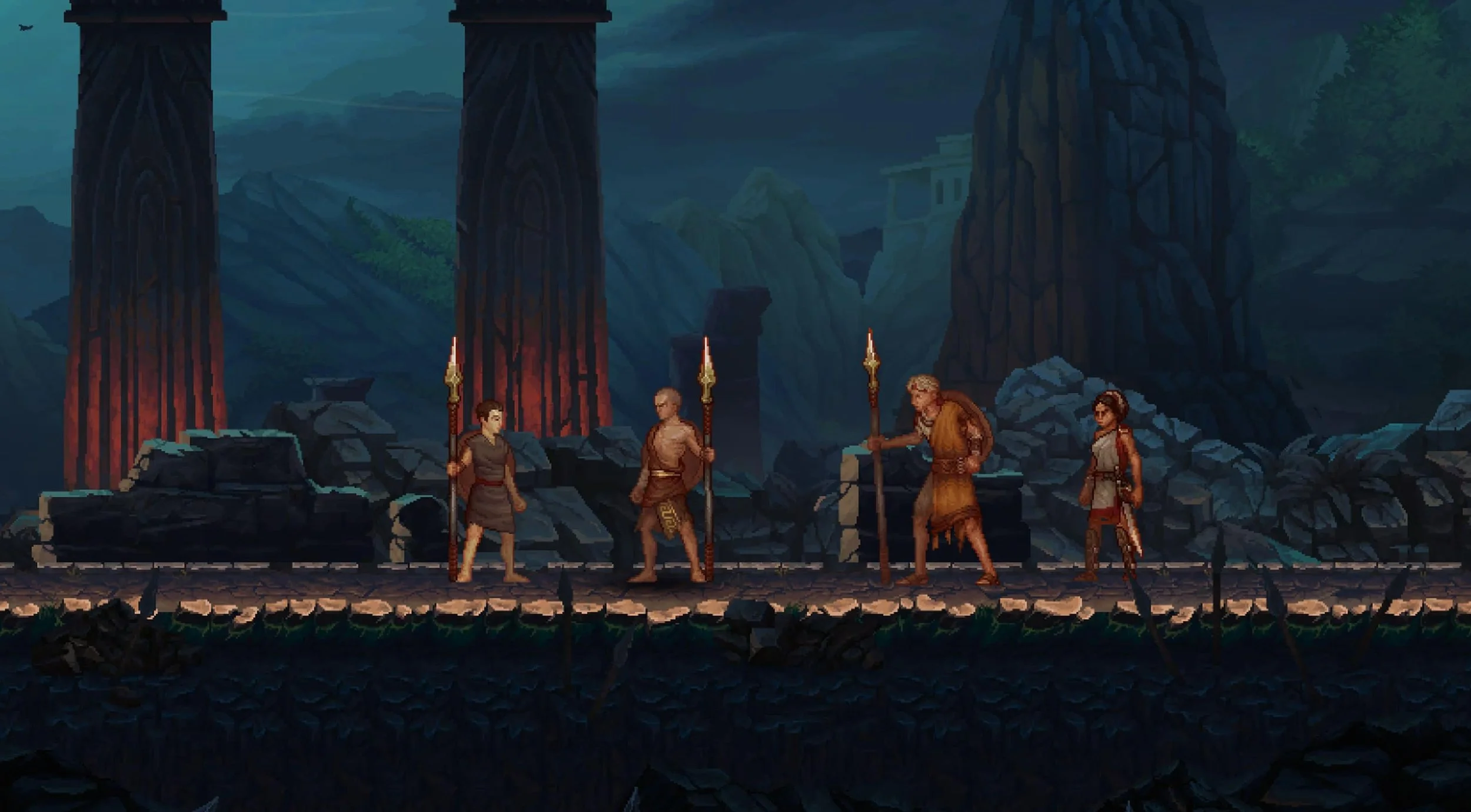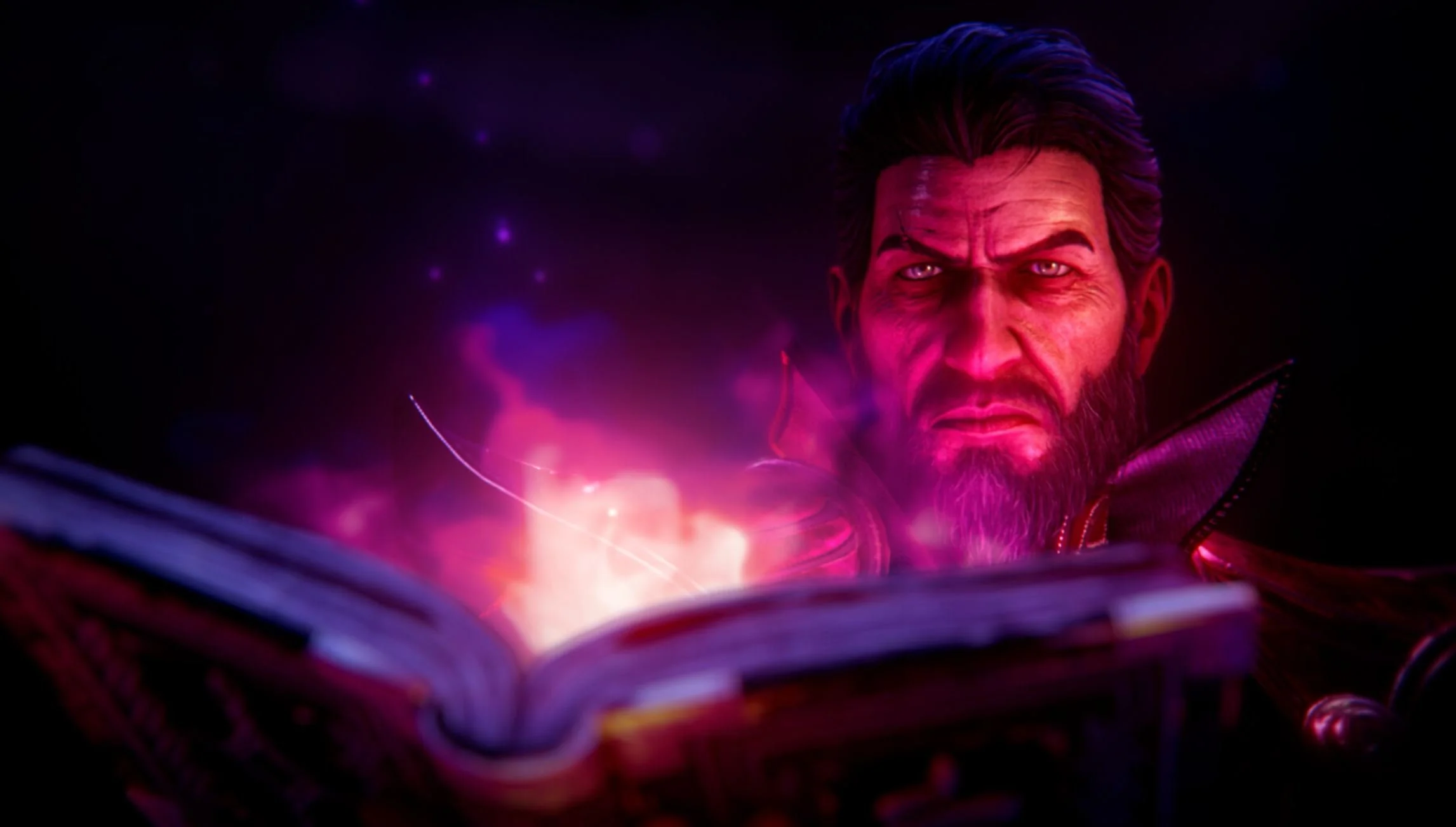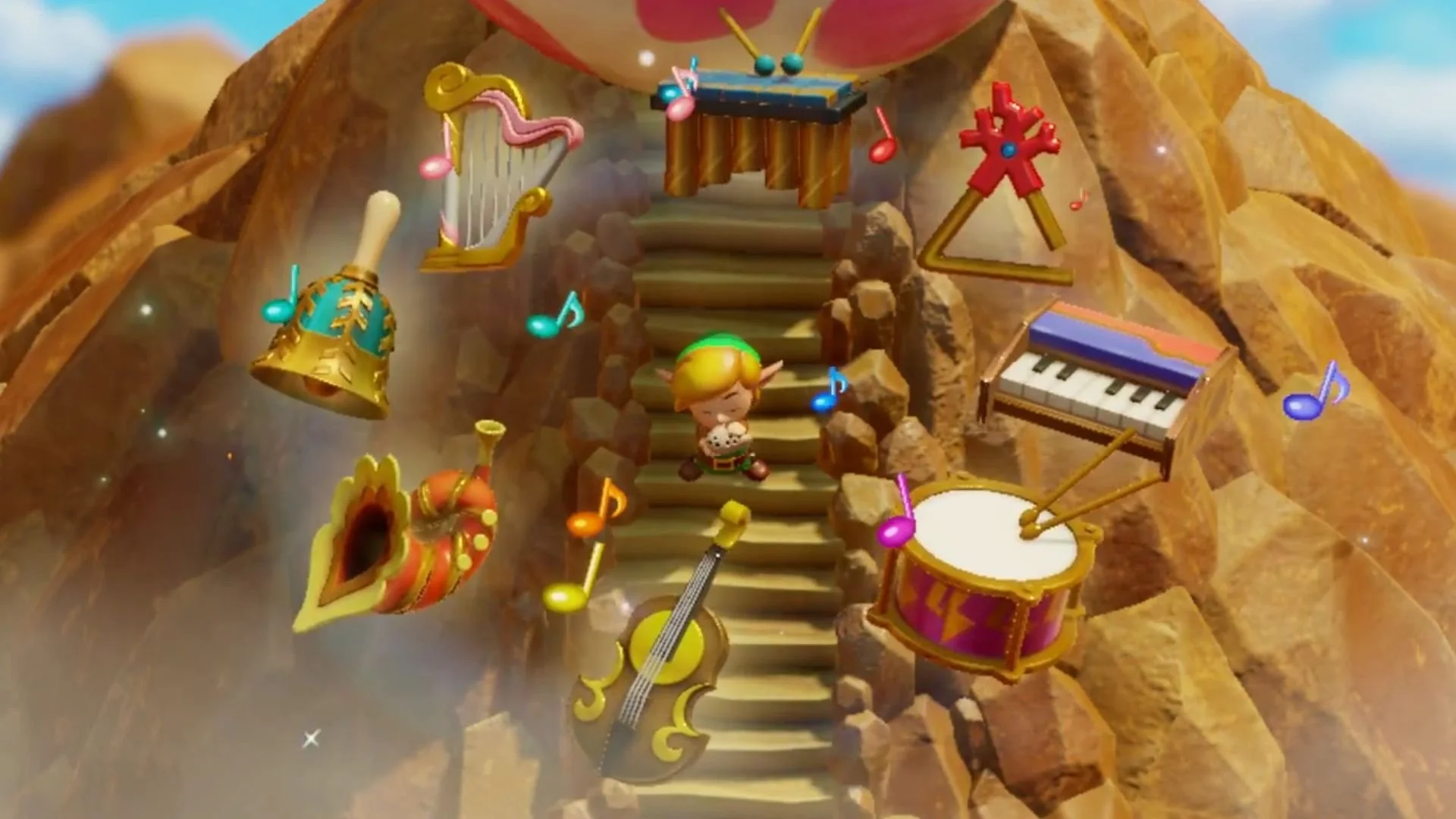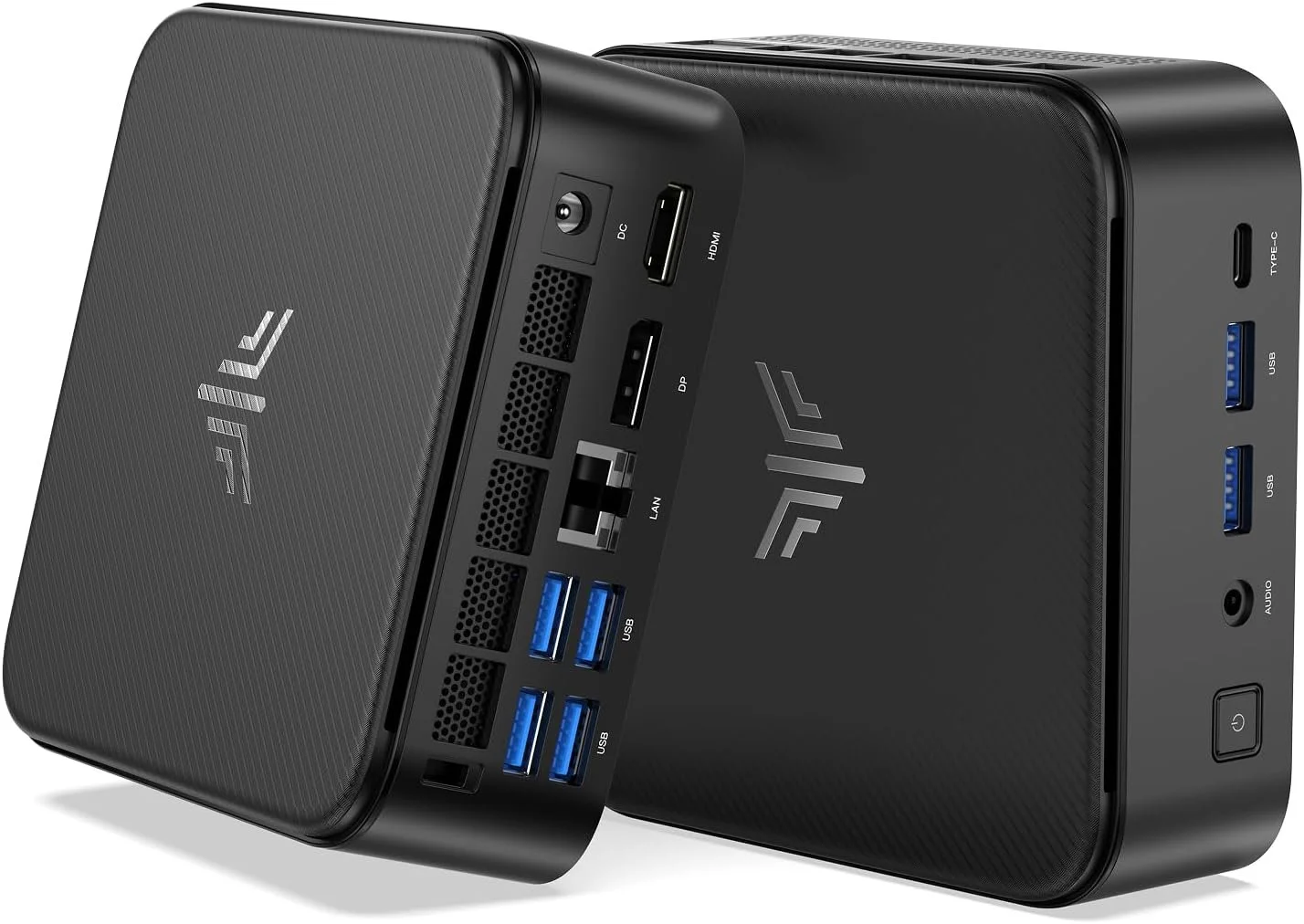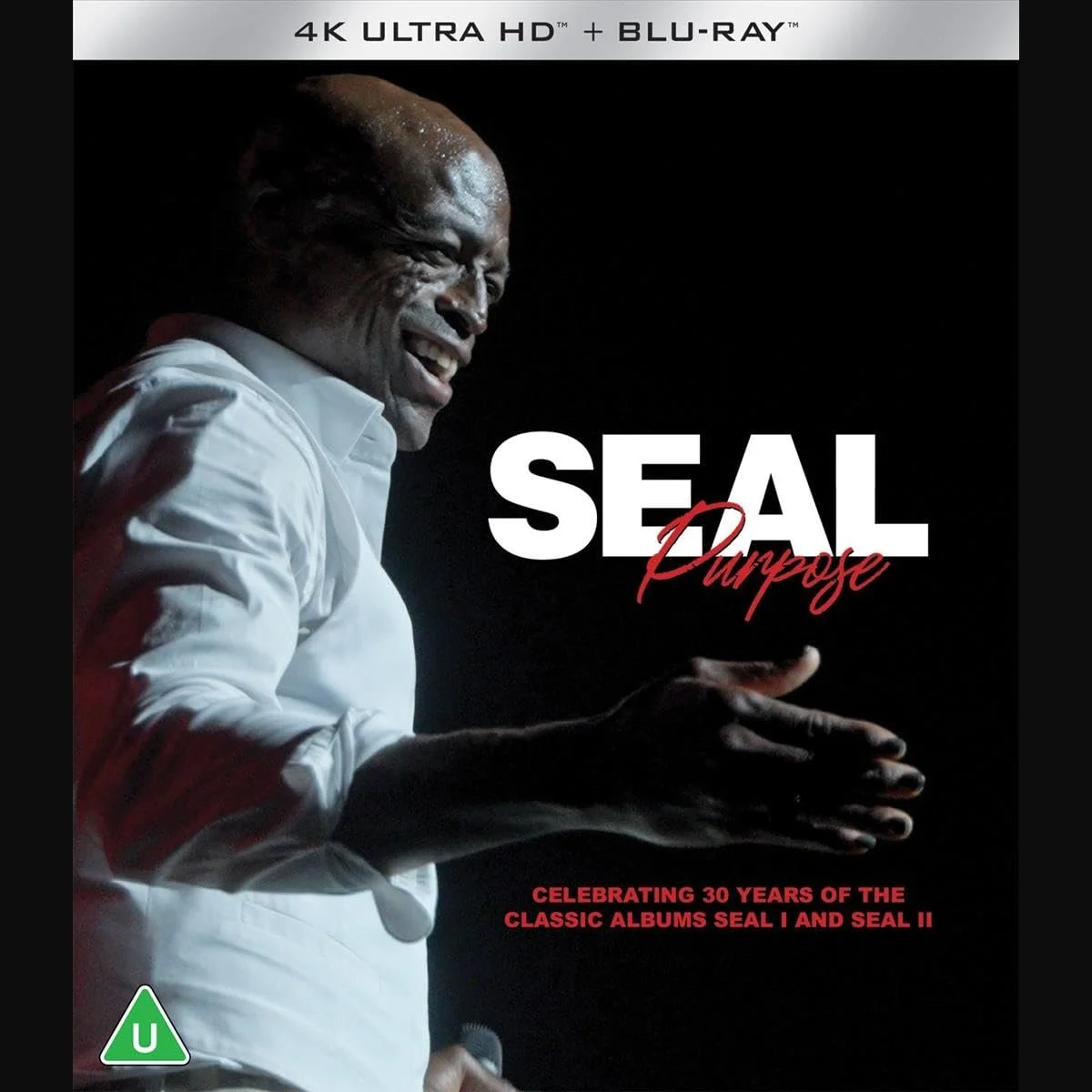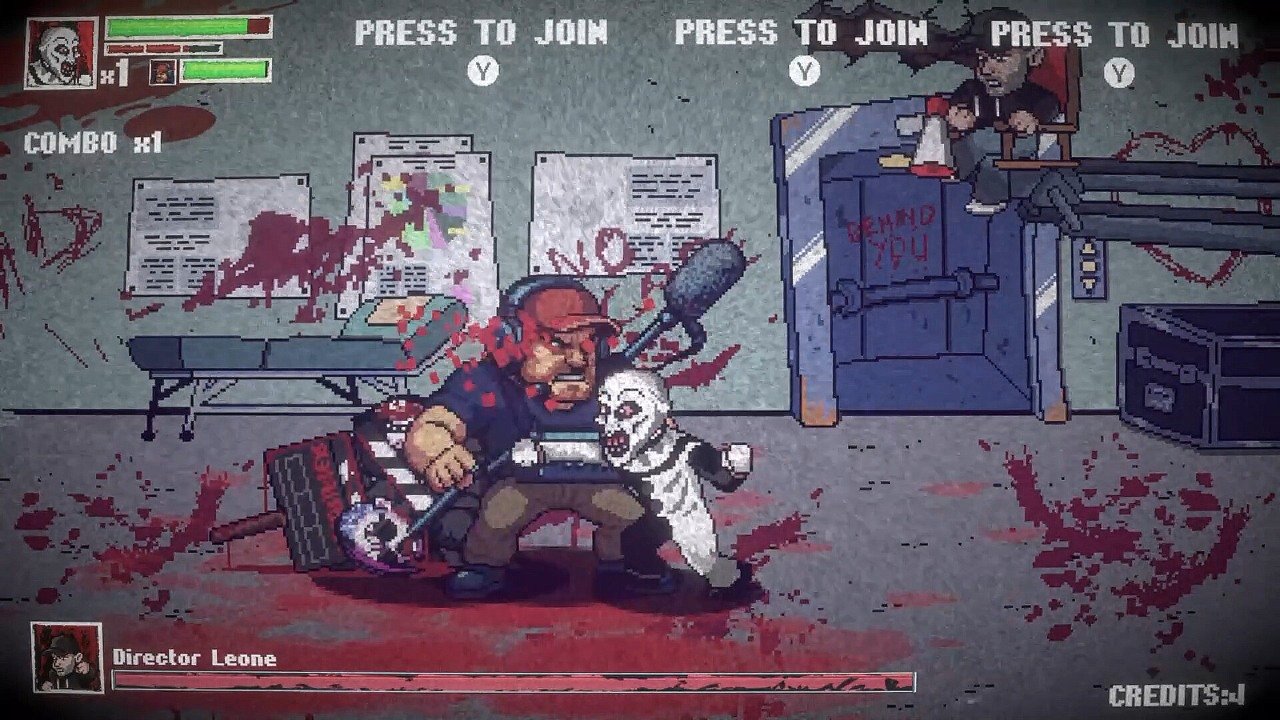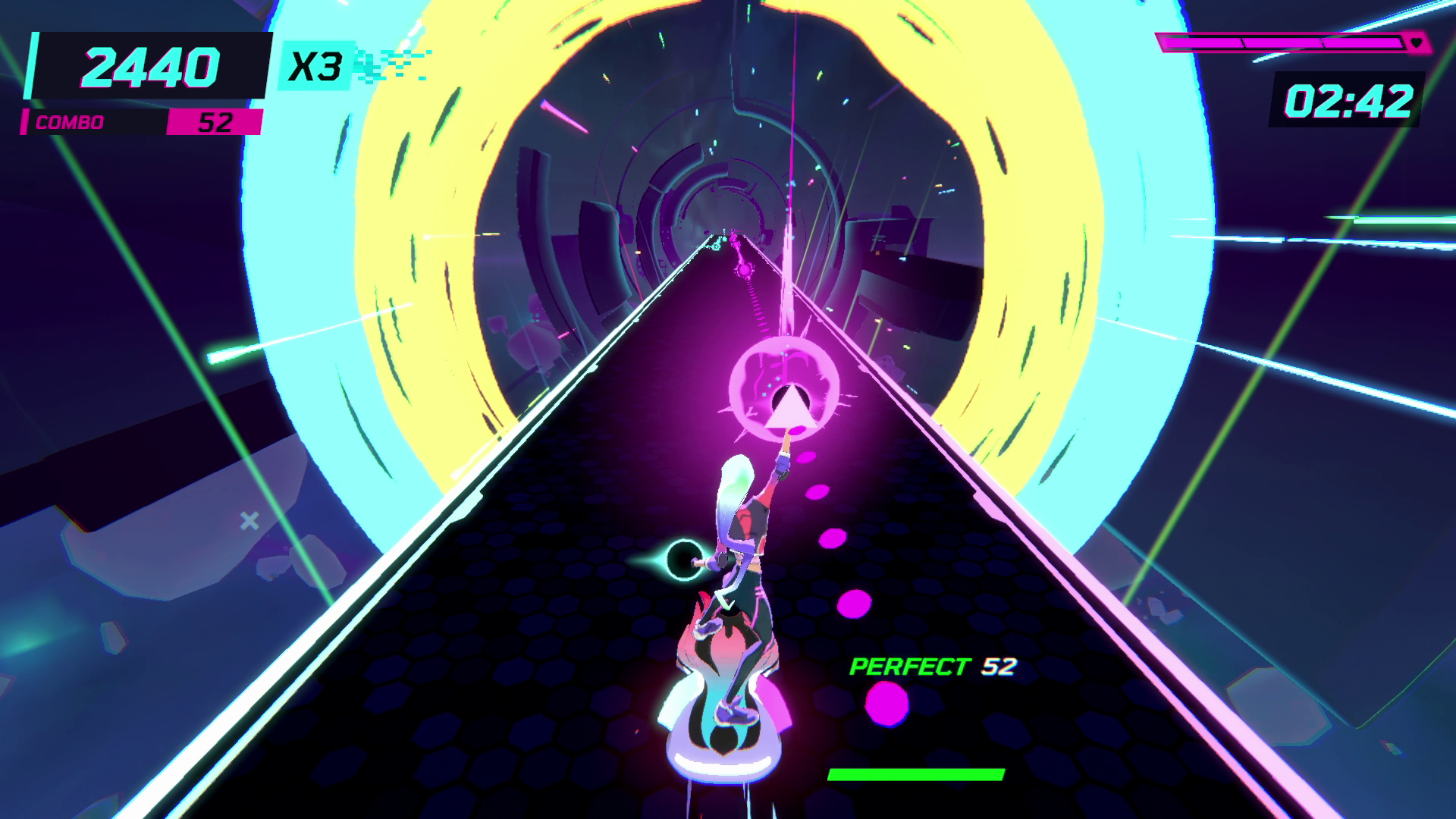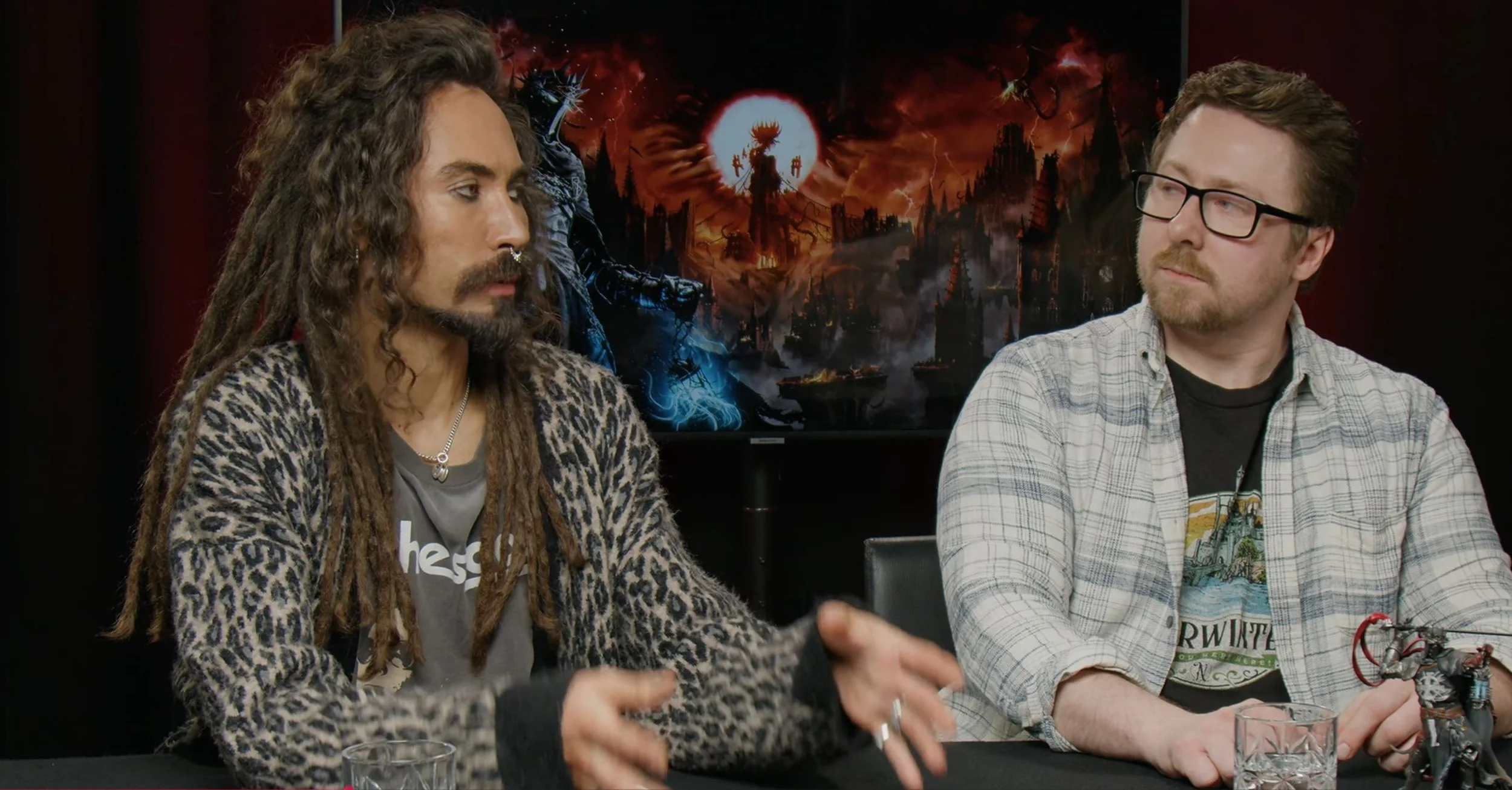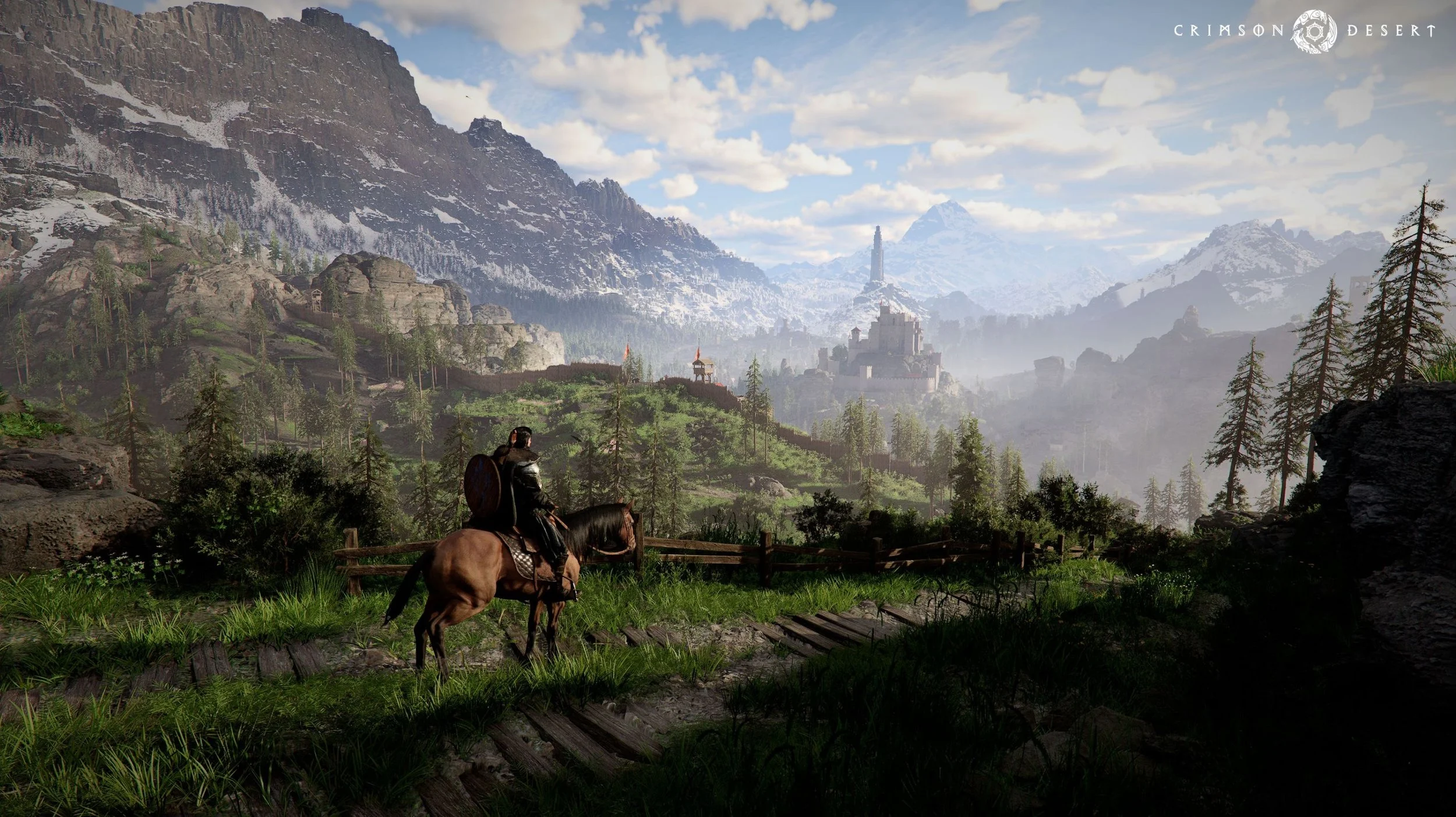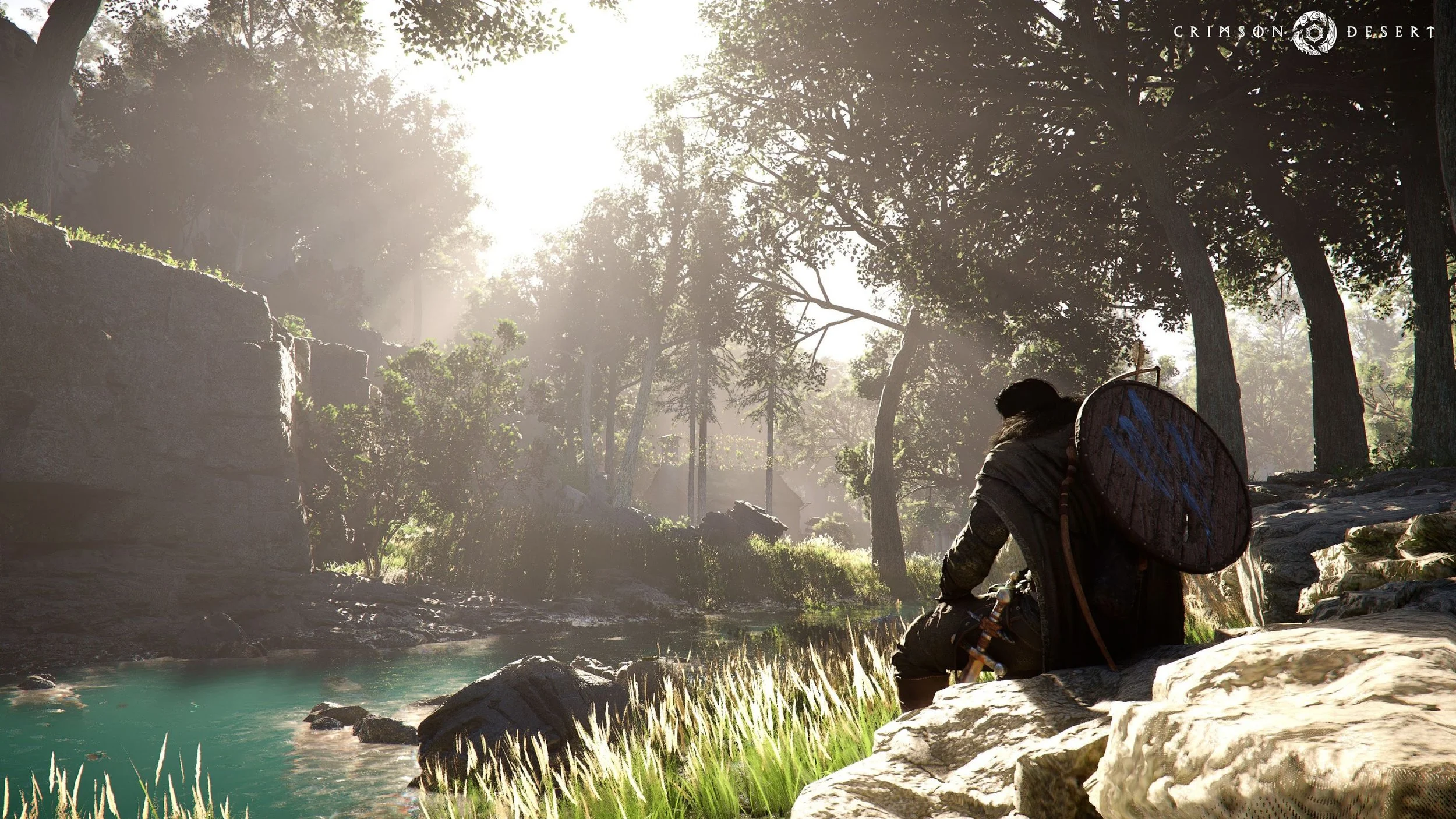What’s the main purpose of a video game score? It’s a simple question that renders a lot of different answers. Music can communicate information as straightforward as winning a level or a game over. It should also convey the atmosphere and emotions players should be experiencing as they explore the unknown worlds that are presented in front of them.
Although video game music has worked its way into countless millions of people's lives, the artists behind the scores are not always given the proper recognition they deserve. We decided to spotlight one of those artists today, composer Matthew Carl Earl of Hexany Audio, and find out firsthand what his main goals are when producing a video game score. Some of Matthew’s credits include the widely popular Arena of Valor, Moonlight Blade and Assault Fire to name a few.
How did you get started scoring video games?
Matthew: I’ve been a gamer my whole life and becoming a game composer was always my ultimate goal. Though, my very first game I had the opportunity to score was a game that Laguna College of Art and Design was developing and they asked me to write some music for it. From that game I had two studios approach me for their own projects (both of which I still work with!). Snowball effect led me to start working with Hexany Audio and the rest is history.
Has being a video gamer yourself help you understand what a game score should accomplish?
Matthew: Absolutely! Could you imagine scoring a film if you’ve never seen one? Haha. Seriously though, one of the biggest points I’ve picked up by playing games is when to take a back seat as a composer and when to be heard.
You are one of the composers of Tencent’s Arena of Valor. When there is more than one composer on a project, how do you keep a cohesive sound?
Matthew: Communication of course is a big one, especially for nailing down a certain style. But I believe true cohesion in a score comes from everyone having a relationship with the melodic themes and motifs written for the game and incorporating those ideas into their own music. I find it incredibly inspiring to work that way as well because you get to put your own emotional spin on material that already exists in the world.
How closely did you work with the director of Arena if Valor? What was your working relationship like?
Matthew: Sean Zhao is the music director for the project and we talked extensively about creative direction for the tracks. He did a great job making sure everyone working on the score was on the same page. Sean and I also collaborated on a fun project late last year where we rearranged two tracks from Honor of Kings in a fun and whimsical vibe for the 2nd anniversary login screen for the game.
Arena of Valor includes characters from the DC Comics world. Did you compose anything for these heroes in the game? If so, what can you tell us about that?
Matthew: I did get to write for the opening cinematic which features Batman for a short while, but nothing character specific in-game, however I do know that the folks on our sound team at Hexany worked on The Flash among others.
The company you are part of, Hexany Audio, just announced they are working on the new Blade Runner Revelations VR game. Did you contribute to this game at all? If so, what can you tell us about it?
Matthew: Sean Beeson is actually the main composer for that project, but I did get to contribute some fun diegetic stuff like these crazy monks singing in the streets with a radio. Pretty much everyone at the company will contribute to a project in some way. Whether it be additional sound design/music, helping with implementation, or just sharing ideas.
How different is it creating a score for a VR game than a regular game?
Matthew: It depends entirely on the project. But usually, I think music in VR needs to be even more “out of the way” as opposed to traditional games. Especially if the goal is realism. That being said, there definitely are some really interesting VR projects that incorporate music in a super fun way by placing certain stems and instruments in the world as part of the experience. As a musician these projects are always fun to hear and work on because the music is literally all around you. Though, if that is not the goal of the project you need to remember not to distract the player.
How would you say your music is different from other composers out there?
Matthew: I do try to add myself into every piece of music I write. And I mean that literally as well as figuratively. I’ll record myself playing something onto everything I do. Sometimes I’ll just play a shaker or whisper into the mic, other times I’ll multitrack an entire chorus with my voice or wind instruments. Even if it’s just a small, almost inaudible addition I do think it makes a difference and helps maintain a personal and homemade feel to the music.









